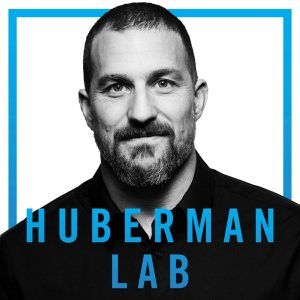In this short (37 minute recap episode) Andrew Huberman explore effective strategies for managing stress, both in the short and long term. Discover how acute stress can boost your immune system and practical tools like breathwork and the physiological sigh for quick relief. Learn about the benefits of deliberate hyperventilation and how raising your stress threshold can build resilience. Dive into insights on non-prescription supplements like ashwagandha and L-theanine, along with mindful practices to keep chronic stress at bay and promote overall well-being.
The Good: Huberman explains the science and provides tools to deal with stress. Given that 75 million of you didn't vote for Trump, we thought this might be a helpful topic. For example, the best tool for calming down in a physiological way is the "sigh" because as blood is rushed to the largest muscles and organs in the body, sighing (inhaling) makes the heart slightly larger to accomodate additional blood flow as the diaphram pushes down. Additionally, as you exhale it slows your heart rate down to accomodate the lessening blow flow. So, longer exhales support calming down. As you can see this is a rather scientific discussion but also one where you get practical advise. He also goes on to assess stress relative to three time frames: short, medium and long term.
The Bad: Nothing really bad about it, its a nice quick tutorial on managing stress, which again, could be helpful for you right now. Conversely, 77 million of you may not need this at all, as you voted for the other guy. This isn't a typical review for us because its a short episode without a guest, so difficult to really compare and score relatively. That said, we to attempt to do so and this episode could be relatively useless for you, given where you are today with your mental health / stress levels. Yet, we still commend Huberman for putting this info out there for those that need it. We'll review a full Huberman episode soon.
THE POD SCORE: 3 Mics (of 5)
"If you understand this mechanism, you are in a far better position to incorporate these tools..."
